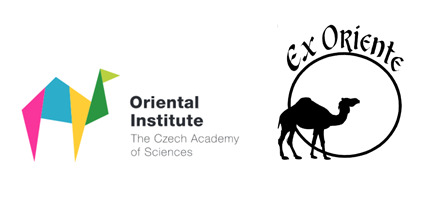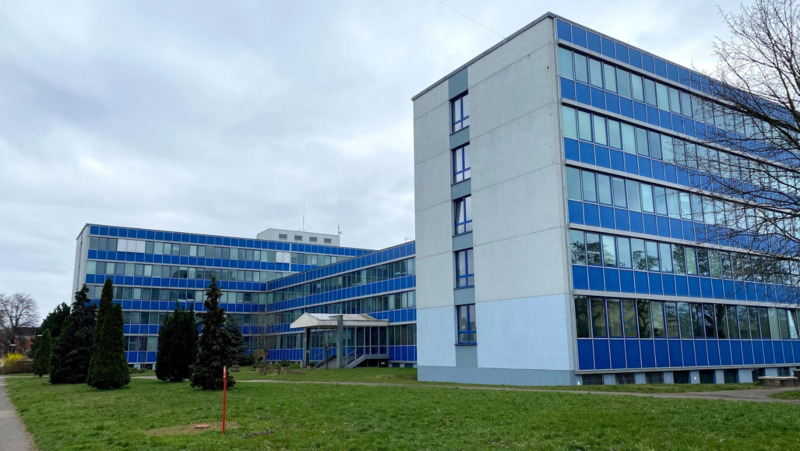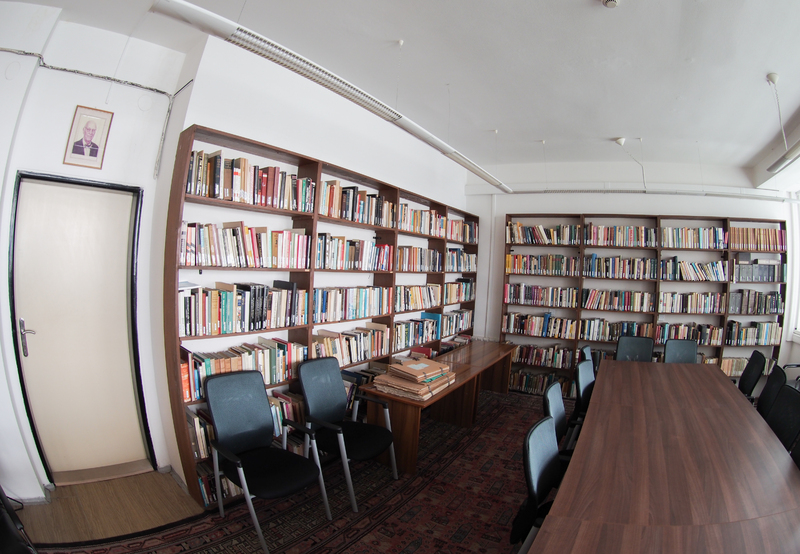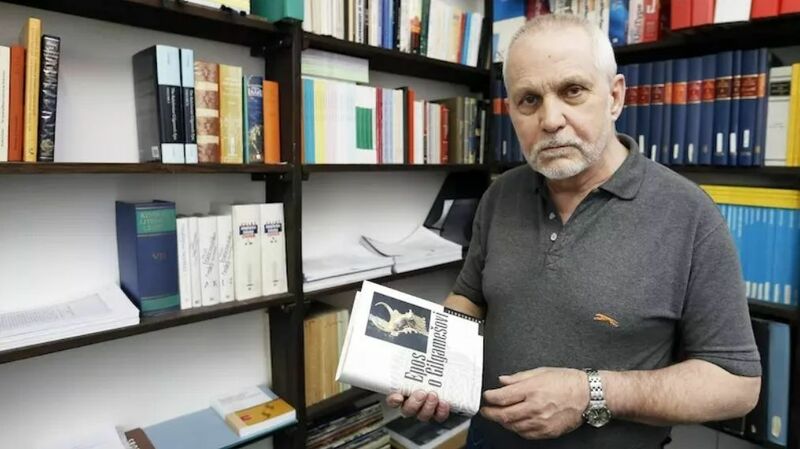Period of Transition: The Velvet Divorce and Beyond
As a result of structural changes at the Czech Academy of Sciences, as well as budgetary constraints, a drastic reduction in staff occurred, the continuity of some fields. Nonetheless, the Oriental Institute and its scholars continue to persevere.
This noble animal has been the symbol of the Oriental Institute since 1997 which; it first came to be so at the hands of Sinologist Dr. Vladimír Liščák. According to Indologist Dr. Jaroslav Strnad, "The depiction had initially been a realistic one, only eight years ago was it transformed into an origami, perhaps to better represent those regions of Asia, where camels do not exist. It seems that like the patience and resilience of the animal itself , our camel endured this partial metamorphosis unharmed."
The Order of the Knights of Malta raised restitution claims for the historic building in Lázeňská street.In the Spring of 1993, the Oriental Institute was forced to move to an academic campus in Prague 8.
In 1994, the American Sinologist John King Fairbank donated a valuable Sinological library collection to the Oriental Institute.. Harvard University history professor John King Fairbank (1907-1991) is considered the founder of Chinese historical studies in the United States. Before his death in 1991, he expressed a wish that the English part of his library should go to a non-English speaking country. Fairbank's wife, Mrs. Wilma Fairbanková, remembered Professor Jaroslav Průšek (1906-1980), former director of the Oriental Institute in and a leading expert on modern Chinese literature, with whom she and her husband had been friends since the 1960s. Jaroslav Průšek was then in the United States at the invitation of the American Association of Asian Studies. In addition to attending its general meeting, he had the opportunity to get acquainted with American researchers and centers of Sinological studies. Mrs. Fairbanková decided to offer her husband's Anglophone library to the Oriental Institute.
Jiří Prosecký worked at the Oriental Institute from 1978 to 2019. He started at the library department and later as a researcher in the Near East and Africa department. From 1994 to 2002, he was the Deputy Director of the Oriental Institute. In 1987, during his study stay in Iraq, he participated in the research of the ancient city of Sippar, south of today's Baghdad. He has authored books dealing with the history of Akkadian (Babylonian-Assyrian) literature, served as a co-author of collective monographs and encyclopedias, and translated publications dealing with the history and religion of ancient Mesopotamia and the Near East.




